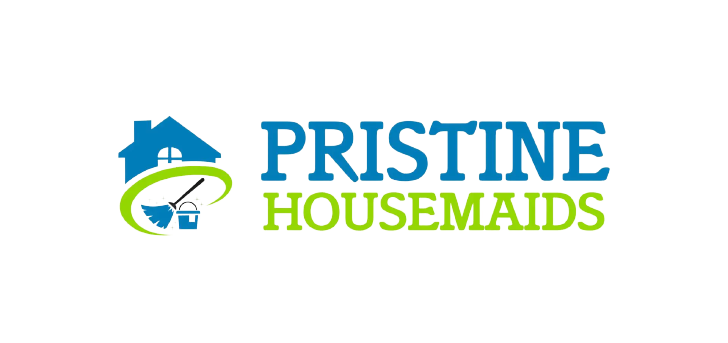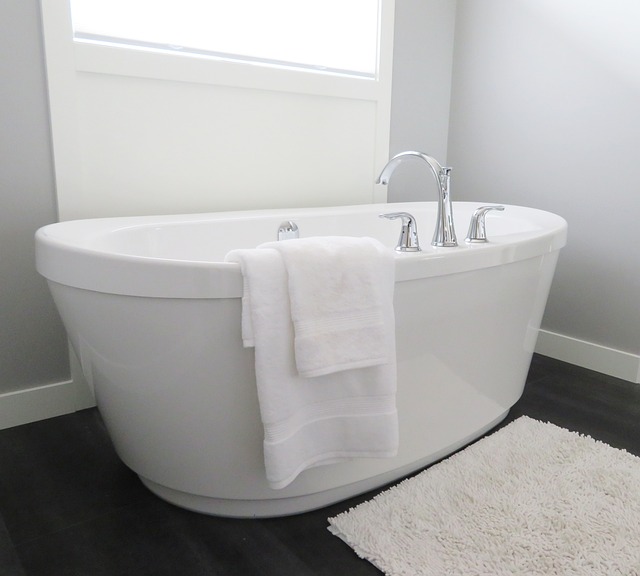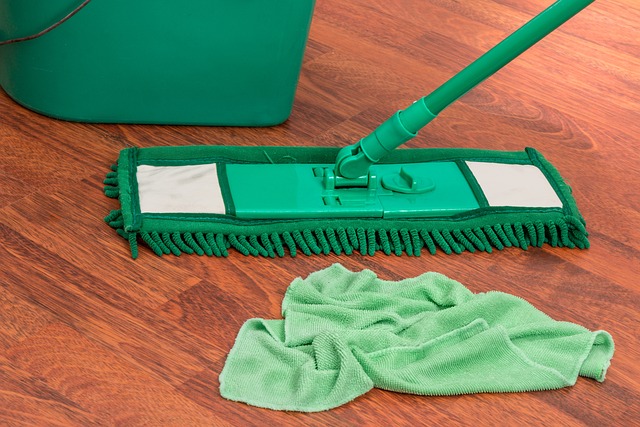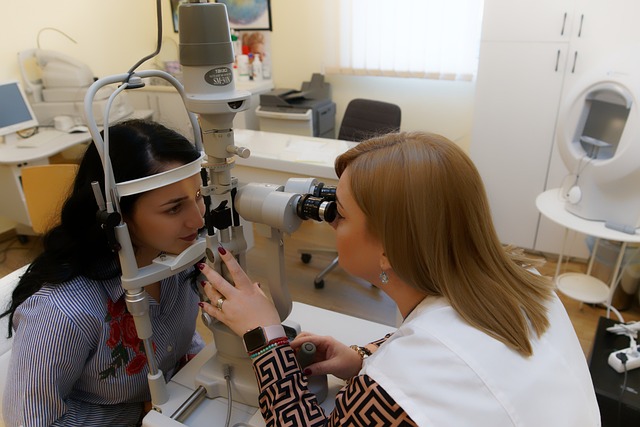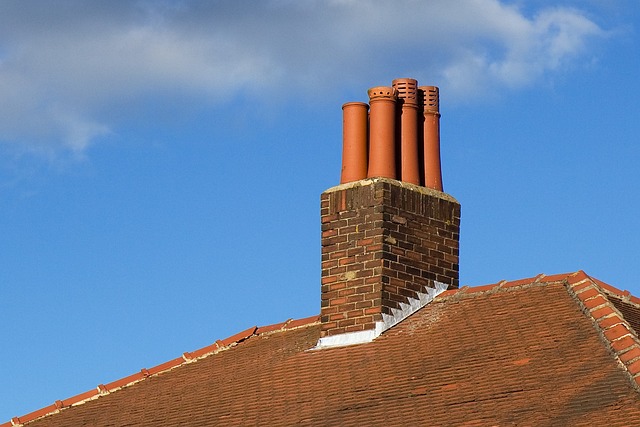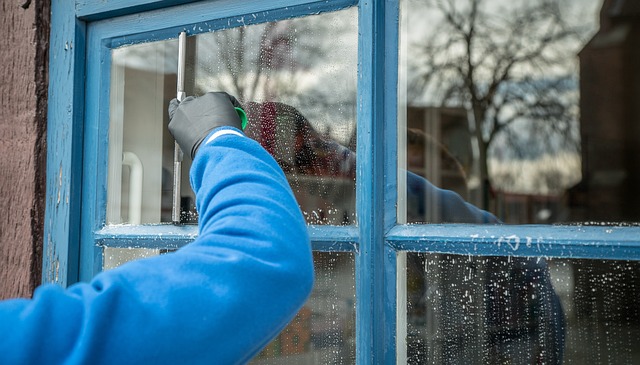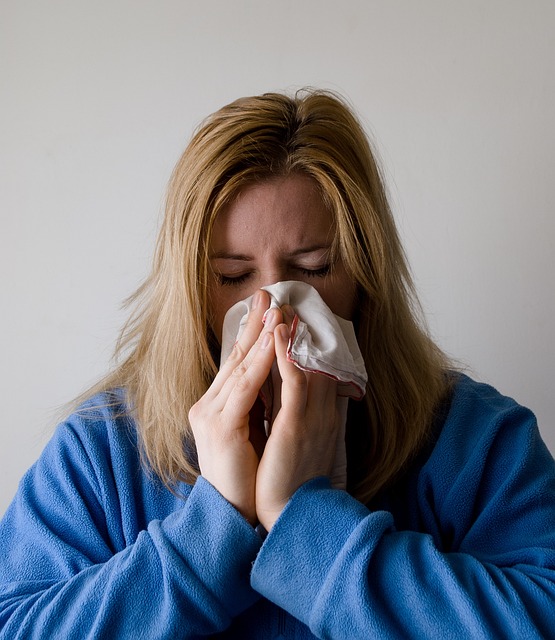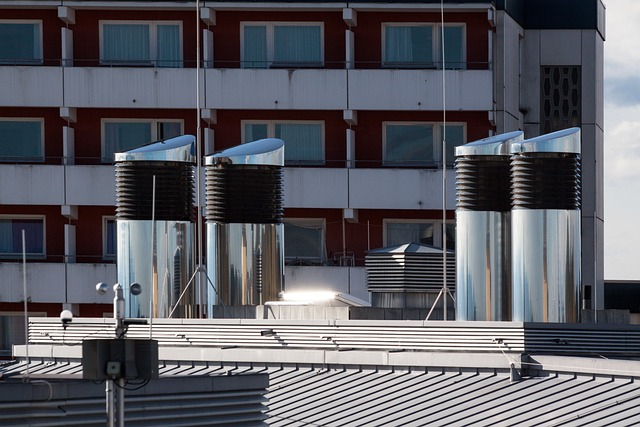If you suffer from allergies, you know how frustrating and disruptive they can be to your daily life. Constant sneezing, itchy eyes, and congestion can make it difficult to focus and enjoy your surroundings. While there are various ways to manage allergies, one effective and often overlooked approach is regular cleaning.
In this article, we will explore the significant benefits of regular cleaning for your allergies-maintaining a clean environment to alleviate allergy symptoms. By implementing consistent cleaning practices, you can create a sanctuary that promotes better respiratory health and enhances your overall well-being.
See also our post on 7 Cleaning Tips for People with Allergies
Table of Contents
Reduced Allergen Exposure
The primary goal of regular cleaning is to minimize your exposure to allergens. Allergens are substances that can trigger an allergic reaction, and they’re often found in dust, pollen, pet dander, and mold spores. By keeping your living spaces clean, you can significantly reduce your exposure to these allergens, making it easier for your immune system to cope with potential threats.
Improved Indoor Air Quality
Cleaner homes have better indoor air quality. When you vacuum, dust, and sanitize regularly, you remove allergens and other pollutants from the air. This helps you breathe easier and reduces the risk of allergens entering your respiratory system. It’s especially crucial for those with asthma or other respiratory conditions.
Fewer Allergy Symptoms
With reduced allergen exposure and improved indoor air quality, you’ll experience fewer allergy symptoms. Regular cleaning can help alleviate sneezing, runny nose, itchy eyes, and skin rashes. This means less reliance on allergy medications and a higher quality of life for allergy sufferers.
Better Sleep
Allergies can disrupt your sleep patterns, leading to insomnia or poor sleep quality. A clean bedroom, free from dust mites and other allergens, can significantly improve your sleep. You’ll wake up feeling more refreshed and alert, which is essential for your overall health and well-being.
Increased Productivity
Allergies can also affect your productivity. When you’re constantly dealing with allergy symptoms, you’re less focused and efficient in your daily tasks. Regular cleaning reduces allergen exposure, allowing you to concentrate better and be more productive at work or home.
Enhanced Mental Health
Living in a clean and allergen-free environment can have a positive impact on your mental health. Allergies can be physically and emotionally draining. The constant discomfort and irritation they cause can lead to stress and anxiety. By reducing allergen exposure through regular cleaning, you can enjoy improved mental well-being and a better overall quality of life.
Long-Term Health Benefits
Allergies aren’t just a short-term inconvenience; they can have long-term health implications. Allergic conditions, if left untreated or unmanaged, can lead to chronic respiratory problems, skin disorders, and even the development of other allergies. Regular cleaning helps prevent these issues, providing long-term health benefits.
Allergy Prevention in Children
If you have children, keeping your home clean is especially important. Regular cleaning can help prevent the development of allergies in children, as their immune systems are still developing. Minimizing allergen exposure in the early years can significantly reduce the risk of childhood allergies.
Lower Healthcare Costs
Allergy-related healthcare costs can add up quickly. Medications, doctor visits, and even emergency room visits can strain your finances. By investing in regular cleaning, you can lower your healthcare costs and save money in the long run. You’ll also have fewer sick days, which means less time off work and more opportunities for personal growth and development.
Environmental Impact
Finally, regular cleaning can also have a positive environmental impact. By using eco-friendly cleaning products and practices, you reduce your carbon footprint. This benefits not only your allergies but also the planet, making it a win-win situation.
See also our post on 10 Impacts of Cleaning Products on Indoor Air Quality
How to Incorporate Regular Cleaning for Allergy Relief
Now that you’re aware of the many benefits of regular cleaning for your allergies, let’s explore how to implement this practice effectively.
Establish a Cleaning Routine
Consistency is key. Create a cleaning schedule that fits your lifestyle, ensuring that you allocate time for thorough cleaning. Depending on your circumstances, you may need to clean daily, weekly, or monthly.
Use Appropriate Cleaning Products
Choose cleaning products that are allergy-friendly and environmentally safe. Look for products that are labeled “hypoallergenic” or “fragrance-free.” These products are less likely to trigger allergic reactions.
Dust Regularly
Dust is a common allergen, and it accumulates quickly. Dust surfaces, including shelves, tables, and countertops, with a damp cloth or a microfiber duster to prevent allergen buildup.
Vacuum and Mop
Invest in a vacuum cleaner with a HEPA filter to trap small particles, including dust mites and pet dander. Vacuum carpets, rugs, and upholstery regularly. Follow up with mopping hard floors to capture any remaining allergens.
Wash Bedding and Curtains
Bedding and curtains can harbor dust mites and other allergens. Wash these items regularly in hot water to eliminate allergen buildup.
Control Humidity
High humidity can encourage mold growth, which is a common allergen. Use a dehumidifier to control indoor humidity levels, particularly in areas prone to moisture, like bathrooms and basements.
Pet Care
If you have pets, make sure to groom them regularly and clean their bedding. Vacuum your home frequently to remove pet dander, and consider using air purifiers with HEPA filters.
Kitchen Hygiene
In the kitchen, clean and disinfect countertops, appliances, and sinks to prevent mold growth and allergen accumulation. Keep food stored in airtight containers to deter pests.
Declutter
Excessive clutter can collect dust and make cleaning more challenging. Regularly declutter your living spaces to reduce allergen hiding spots.
Regular Inspections
Check for signs of water leaks, which can lead to mold growth. Inspect your home for cracks or gaps that could allow pests to enter. Address these issues promptly to prevent allergen sources.
See also our post on 10 Importance of Cleaning Your Home’s Heating and Cooling Systems
Conclusion
Regular cleaning is a simple yet effective strategy for managing allergies. By removing allergens, improving indoor air quality, and reducing exposure to irritants, you can significantly alleviate allergy symptoms and enjoy a healthier living environment. Implement these cleaning practices consistently, and you’ll create an oasis that supports your well-being and promotes better respiratory health. So, grab your cleaning supplies, put on some music, and make your home an allergy-friendly space where you can thrive!
